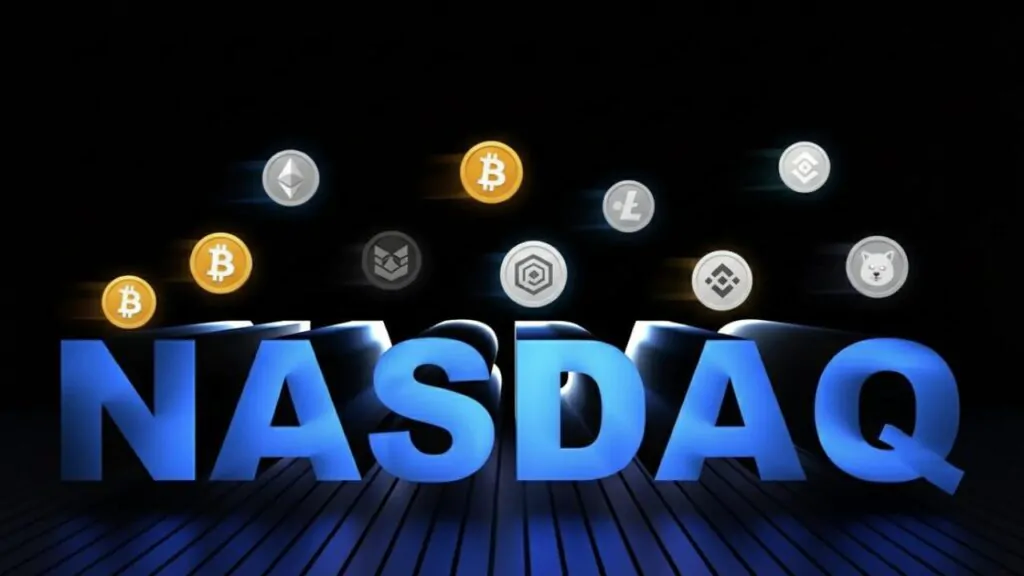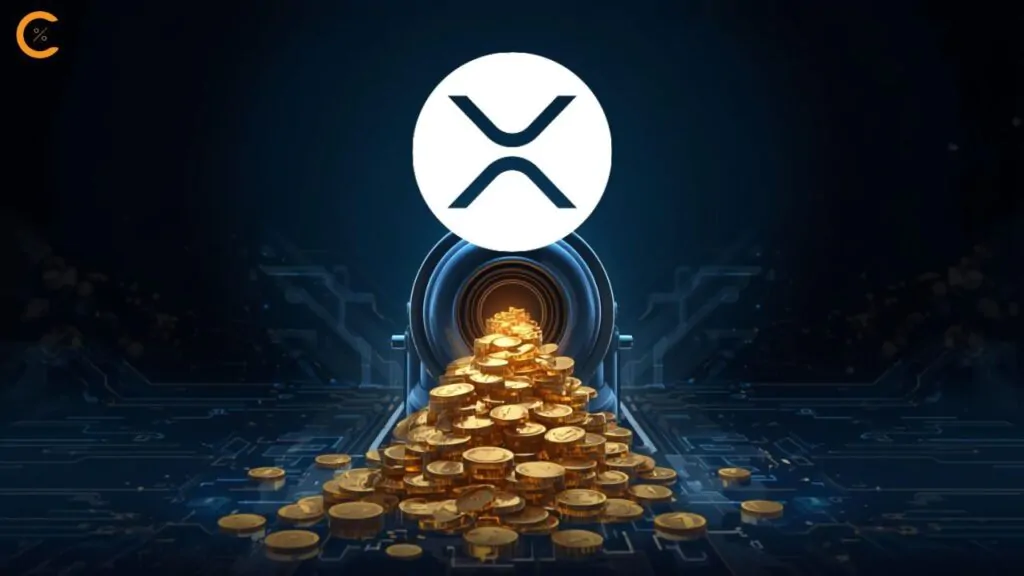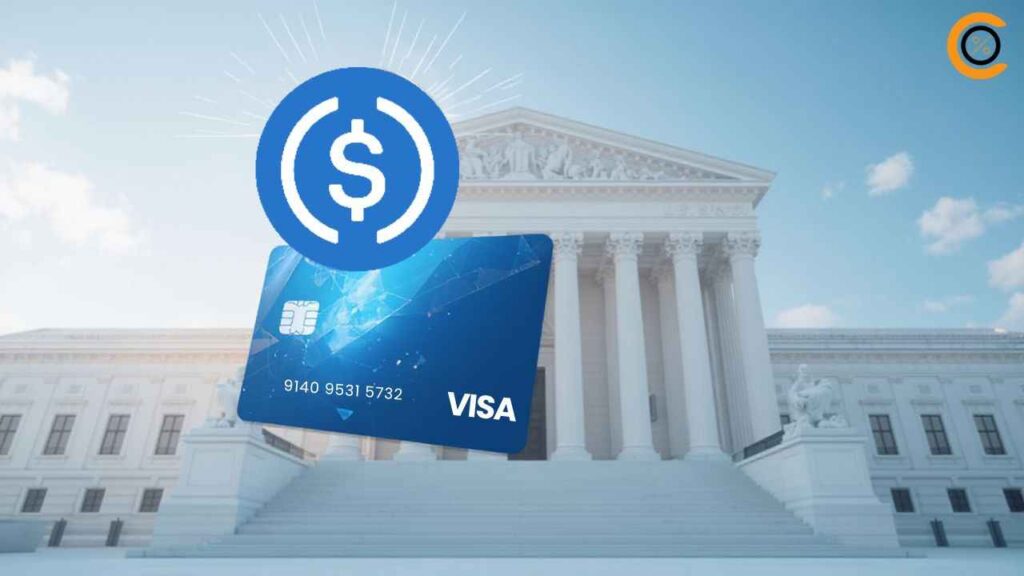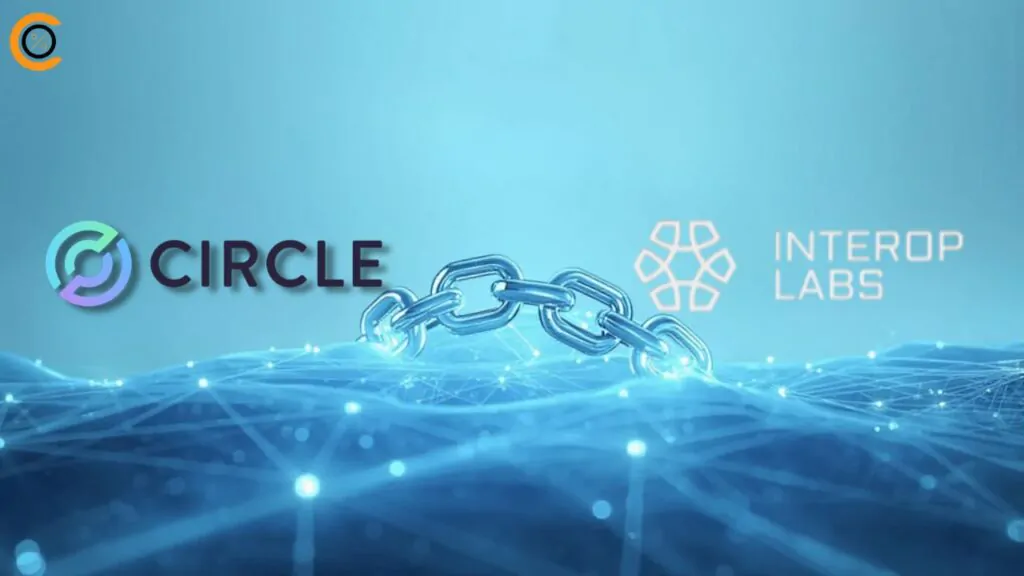• Nasdaq filed with the US SEC to begin trading traditional and tokenized stocks on its exchange.
• The exchange stated that tokenization can provide the same benefits and protections as traditional systems.
• The move comes amid a broader acceptance of RWA tokenization.
Nasdaq, one of the largest stock exchanges in the US, submitted a filing with the Securities and Exchange Commission (SEC) to allow joint trading of traditional and tokenized stocks on its platform.
Nasdaq Seeks SEC Permission To Launch Tokenized Stock
Nasdaq has taken a major leap towards tokenization after the exchange filed a proposal with the US SEC to allow tokenized versions of stocks and exchange-traded funds (ETFs) to trade alongside their traditional counterparts.
It described tokenization as part of a long line of market innovations, comparing it to earlier changes like electronic trading, decimal pricing, and the rise of ETFs, according to a filing.
The exchange emphasized that tokenization should not operate outside existing protections but extend them, keeping the national market system intact while adding the efficiency of blockchain.
Likewise, it stated that customers would have the option to trade securities through traditional digital ownership models, with or without blockchain support.
“A participant that wishes for its order to clear and settle in tokenized form shall notate its preference upon entry of the order in the system by selecting a flag that the exchange designates for this purpose, in accordance with the exchange’s procedures,” Nasdaq said in the filing.
Nasdaq also positioned itself against offshore platforms that offer tokenized equities without full shareholder rights, noting that such models can hurt liquidity and weaken investor protections.
A Broader Push For Tokenization
The filing comes as tokenization gains attention in US policy. SEC Chair Paul Atkins has been loud about tokenization over the past few months, expressing his desire to bring the US market on-chain via the Project Crypto initiative. Other officials have also stated their support for the tokenization of Real-world assets (RWA), including Commissioner Hester Peirce.
Additionally, US Lawmakers are working to create rules that guide the custody, disclosure, and reporting of tokenized assets and clarify which agency will oversee these activities. Market leaders like Citadel Securities have also called on regulators to maintain liquidity and investor protections while avoiding exemptions that could create inconsistent rules.
Institutions Are Adopting Tokenization On Their Platforms
Robinhood recently launched tokenized US stocks and ETFs for European users on Ethereum Layer-2 solution Arbitrum. Likewise, Kraken announced plans with Backed to tokenize more than 50 equities and funds on Solana.
Large institutions, including BlackRock and JPMorgan, have promoted tokenization as the next stage for capital markets. Early experiments by Binance and FTX showed both interest and risk, but Nasdaq’s approach signals a shift from trial projects to mainstream adoption.
Closing Thoughts
If approved, Nasdaq’s model could reduce settlement times, make fractional ownership easier, and allow trading beyond normal hours. More than a technical change, this proposal could mark a turning point in how securities are issued, traded, and settled, bringing tokenization to the center of US market operations.







